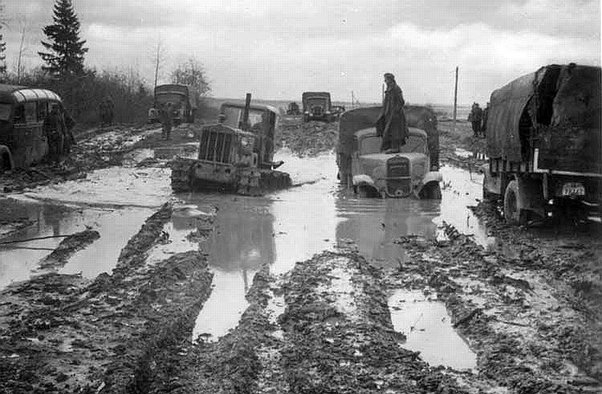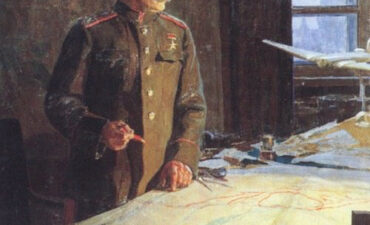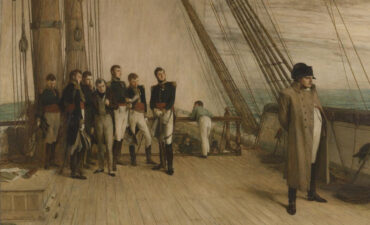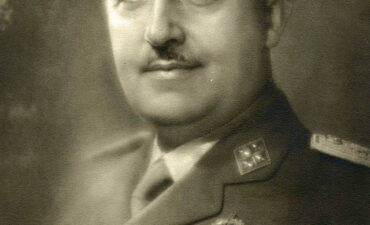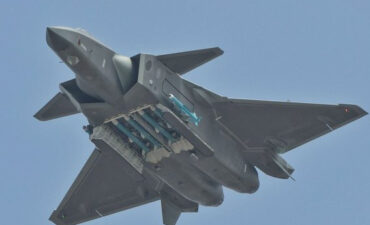Why did Hitler underestimate Russia?
Why did Hitler underestimate Russia? Hitler underestimated the Soviet Union for several key reasons, which ultimately led to Germany’s failure in Operation Barbarossa and the Eastern Front during World War II:
Ideological Bias
Hitler’s Nazi ideology regarded the Slavic people, including Russians, as racially inferior. He believed that the Soviet Union was inherently weak due to its ethnic diversity and communist government, which he viewed as inefficient. Hitler thought that a swift German invasion would easily topple the Soviet regime, underestimating the resolve and determination of the Soviet people to defend their homeland.
Underestimation of Soviet Military Strength
Hitler and the German high command miscalculated the size and resilience of the Red Army. While Stalin had purged many of his top military officers in the 1930s, weakening the leadership initially, the Soviet military was larger and better equipped than Germany anticipated. They also underestimated the Soviet Union’s capacity to recover from early defeats and mobilize its massive resources, including human manpower and industrial capacity.
Overconfidence from Early Successes
Germany’s early victories in Western Europe, particularly the swift defeats of France and Poland, made Hitler overconfident. The Wehrmacht’s blitzkrieg tactics had proven highly effective in Europe, leading Hitler to believe that similar tactics would work in the vast territories of the Soviet Union. He didn’t account for the vast distances, harsh weather, or logistical challenges that would make a prolonged campaign in the East much more difficult.
Failure to Grasp the Harsh Russian Winter
Hitler ignored historical precedents, such as Napoleon’s disastrous invasion of Russia in 1812, and failed to adequately prepare for the Russian winter. German troops were not equipped with proper winter clothing, and tanks and vehicles struggled in the freezing temperatures. The cold weather not only slowed down the German advance but also caused immense casualties.
Stalin’s Resourcefulness and Industrial Base
Hitler underestimated Stalin’s ability to relocate and rebuild Soviet industrial capacity east of the Ural Mountains, far from the reach of the advancing German army. This allowed the Soviet Union to continue producing tanks, aircraft, and weapons in large quantities, prolonging the war and enabling counter-offensives.
Underestimating Soviet Nationalism and Morale
Hitler believed that Soviet citizens would rise up against Stalin and welcome the Germans as liberators. However, despite Stalin’s brutality, many Soviet citizens were fiercely patriotic and chose to resist the Nazi invasion. This contributed to a strong partisan resistance movement and a higher level of popular support for the Soviet war effort than Hitler had anticipated.
Intelligence Failures
The Germans received poor intelligence about the Soviet Union’s military strength and industrial capacity. They underestimated the size of the Red Army, which was much larger than German estimates. Hitler also dismissed warnings from his generals and intelligence officers who cautioned that the Soviet Union could not be defeated in a short campaign.
These factors, combined, led Hitler to believe that the Soviet Union would collapse quickly, but the failure of Operation Barbarossa in 1941 marked the beginning of the end for Nazi Germany.
